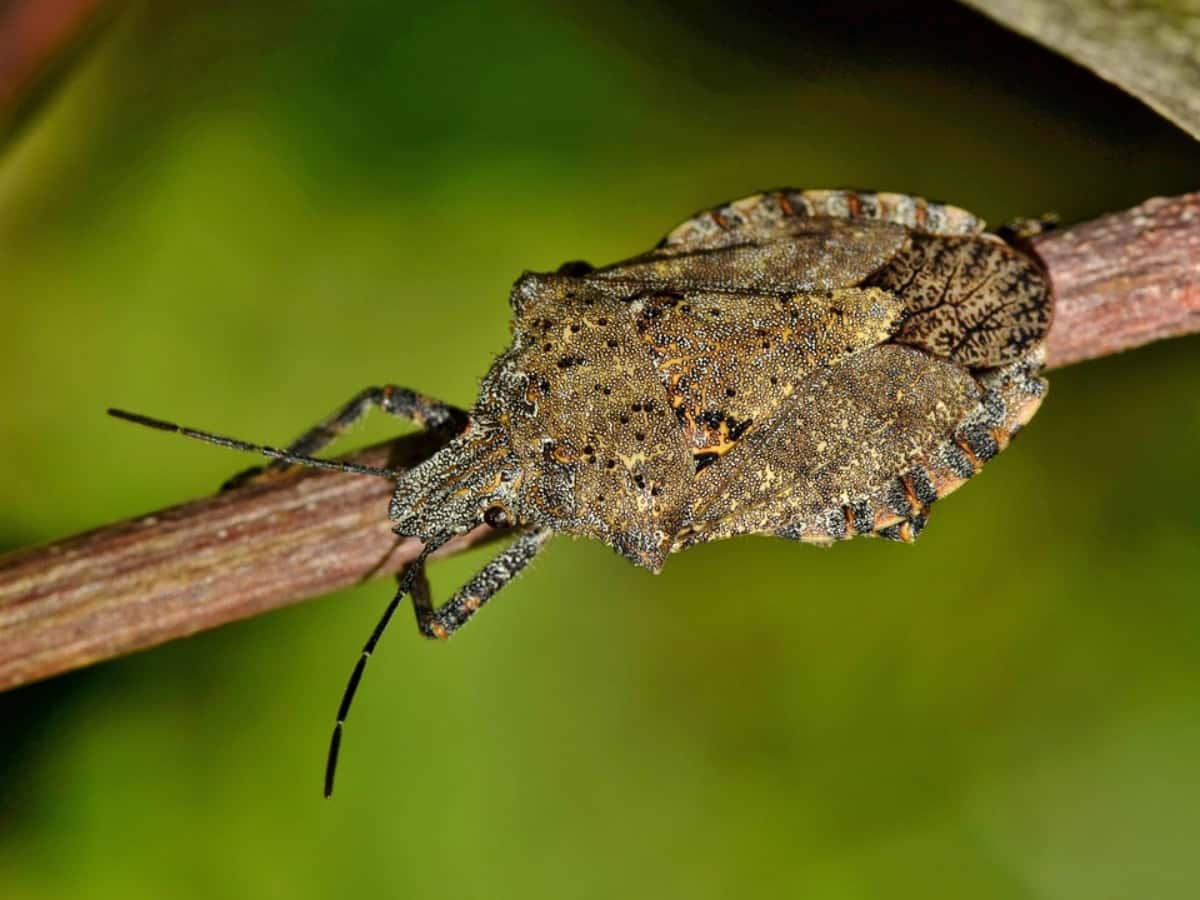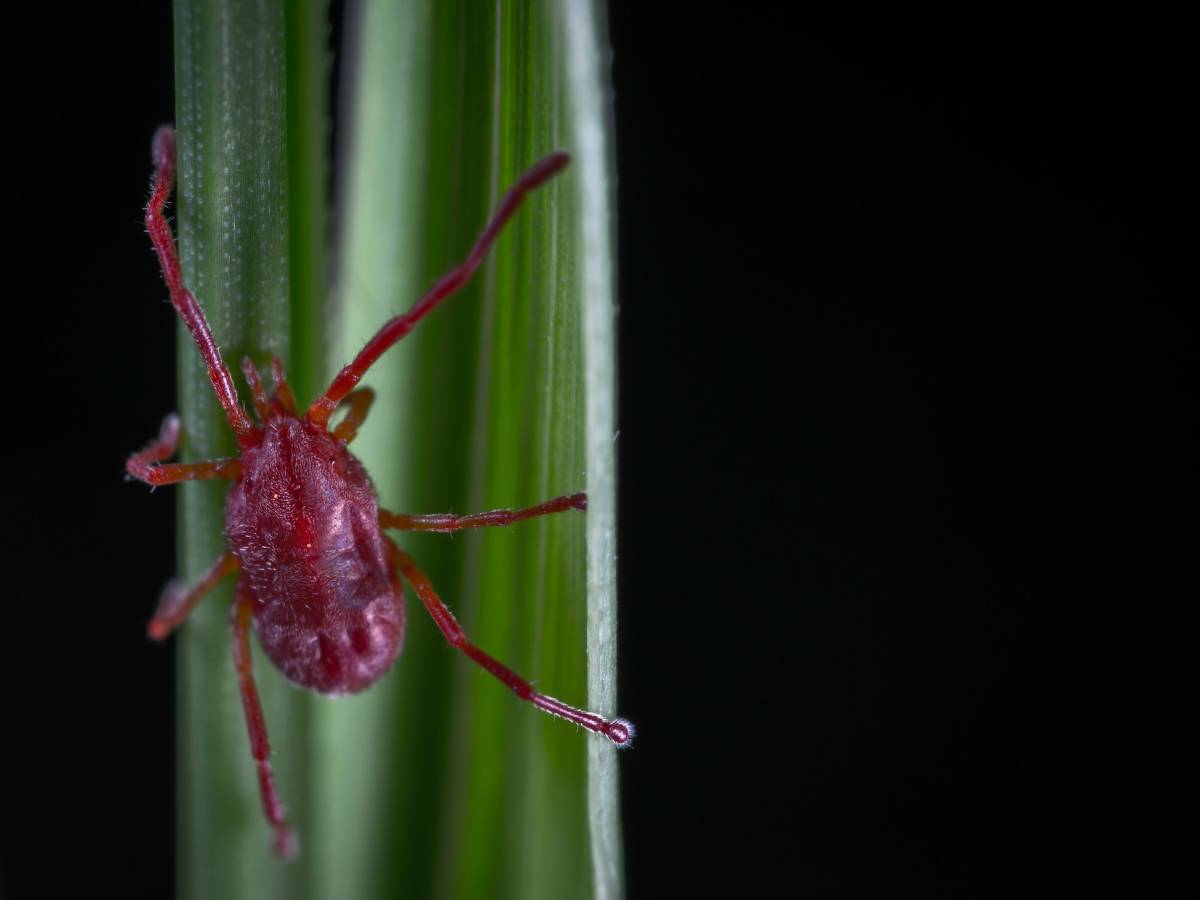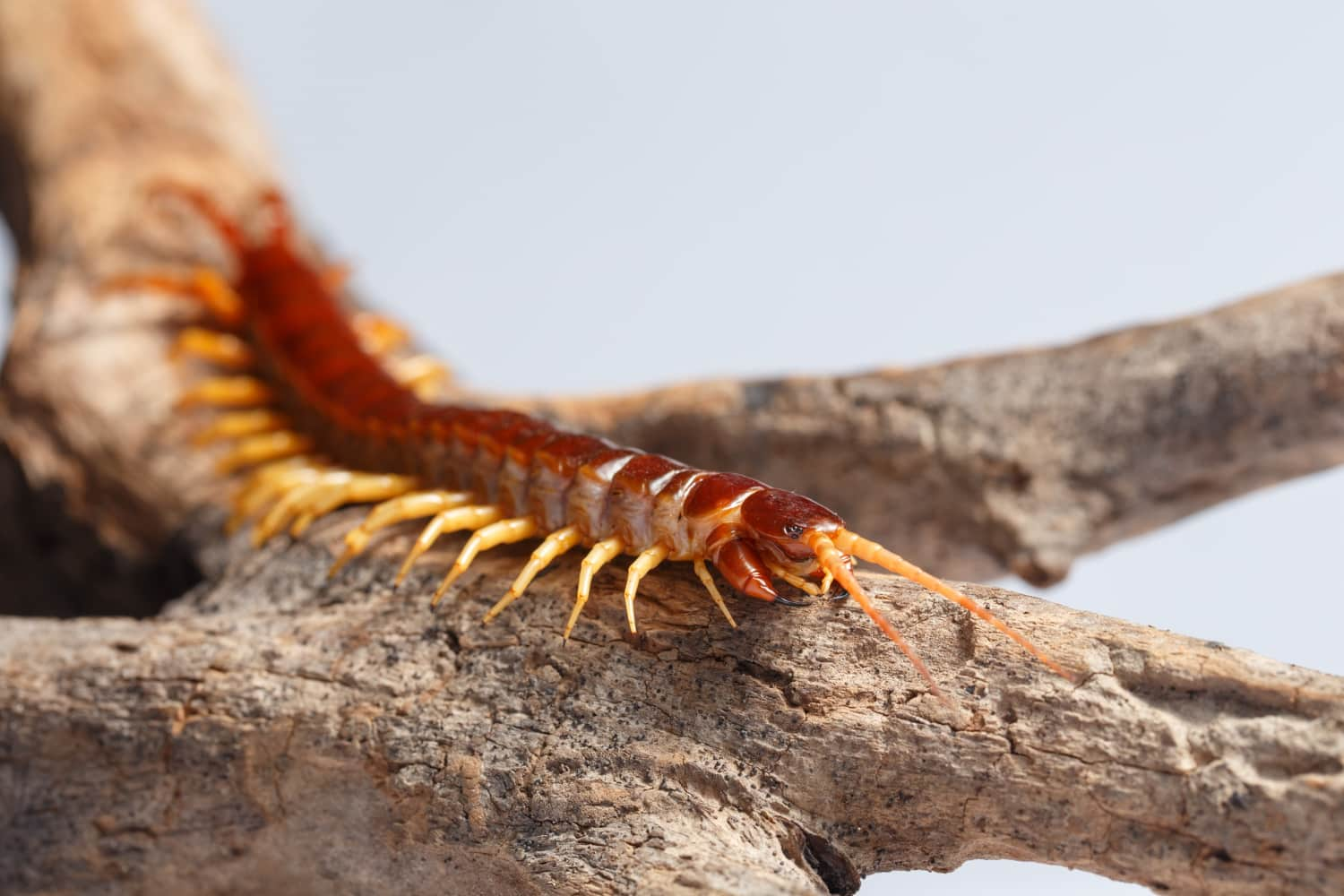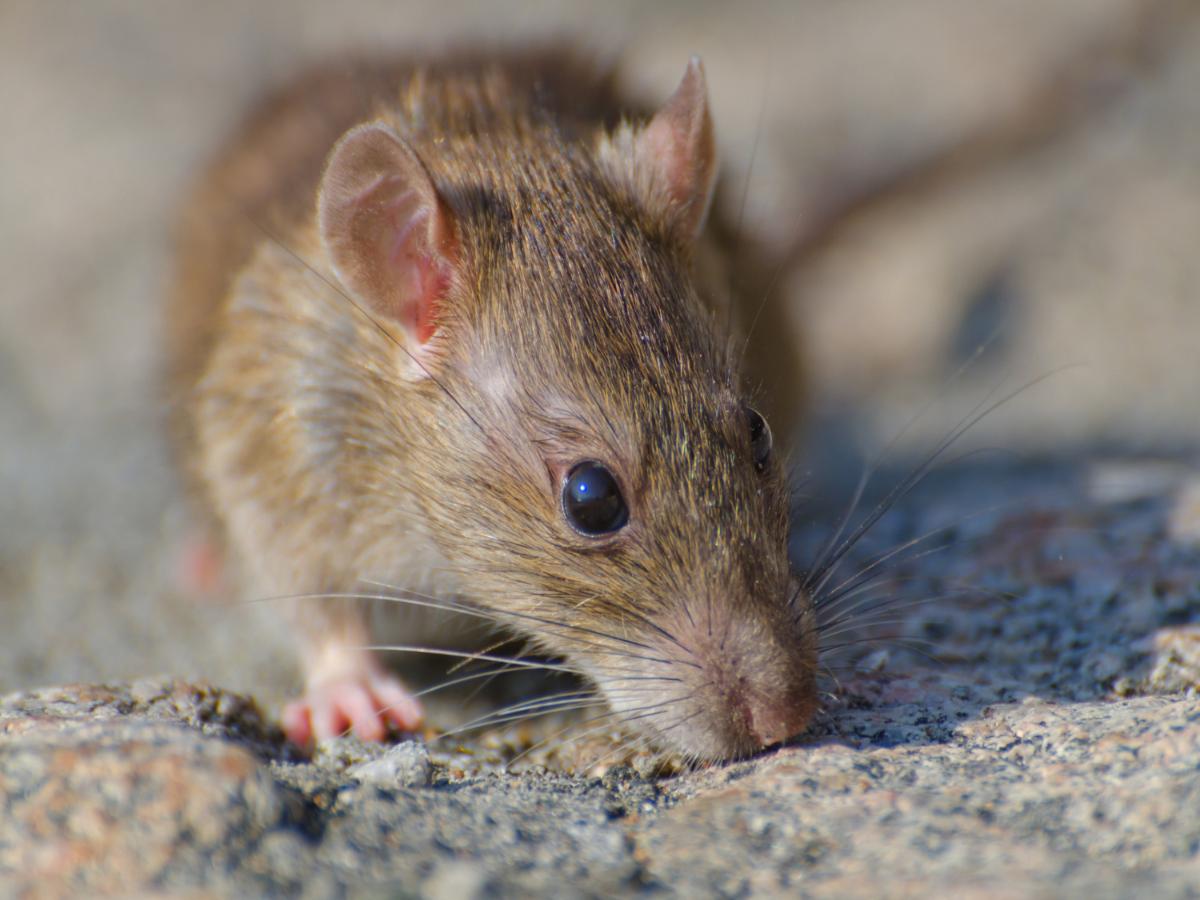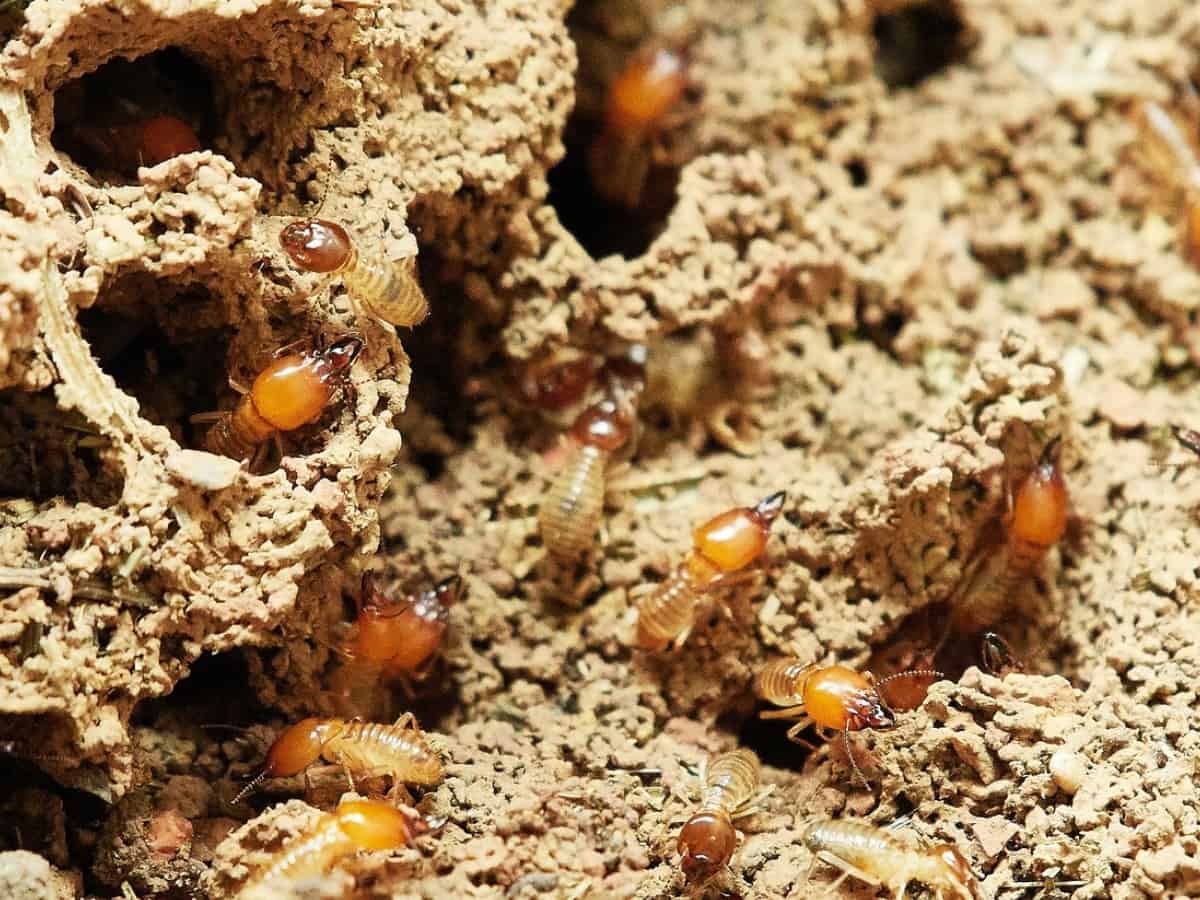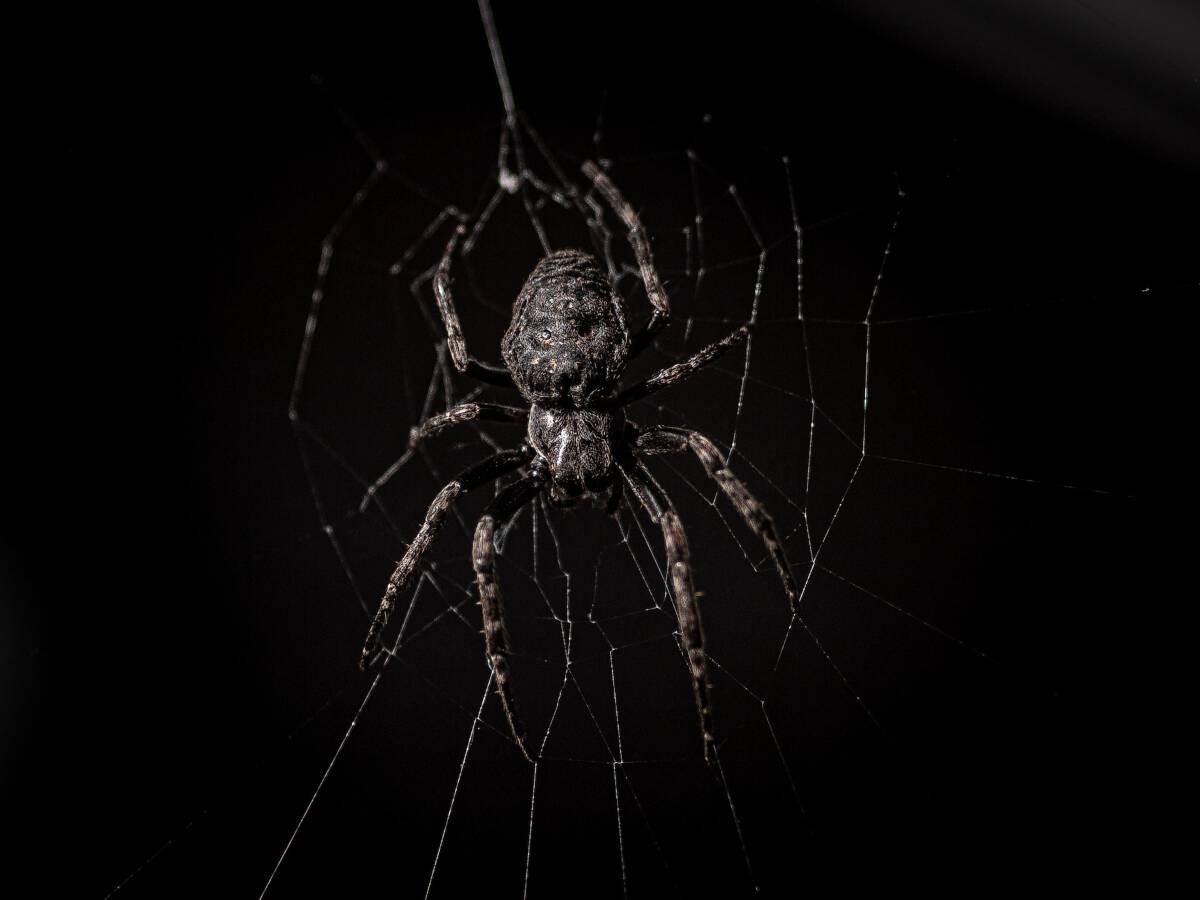A new baby’s arrival is a happy event, but it also comes with a lot of duties and things to think about for new parents. One of the most important of these is making sure your child lives in a secure and pest-free environment.
Since pest control technicians employ different solutions for different pests, concerns regarding the safety of pest control treatments are common among homeowners, especially those with young children or infants living in the home.
If you are dealing with pests and wondering if pest control is safe for babies, continue reading our blog post to learn how to keep your child safe or to find out if you can manage the situation on your own with DIY baby-safe solutions.
Is Pest Control Safe for Babies – What Exactly Are the Risks?
Before we talk about pest-control products, you should know about the dangers that these pests themselves pose for your babies. There are countless types of pests that could cause issues in your house. They range from fairly harmless insects like centipedes and ladybugs to more allergen- and asthma-provoking insects like cockroaches.
Every type of pest has unique risks associated with it, which could be extremely dangerous in certain cases, such as salmonella, E. coli, and severe asthma attacks. Naturally, you would not want them to stay in your house any longer than is necessary.
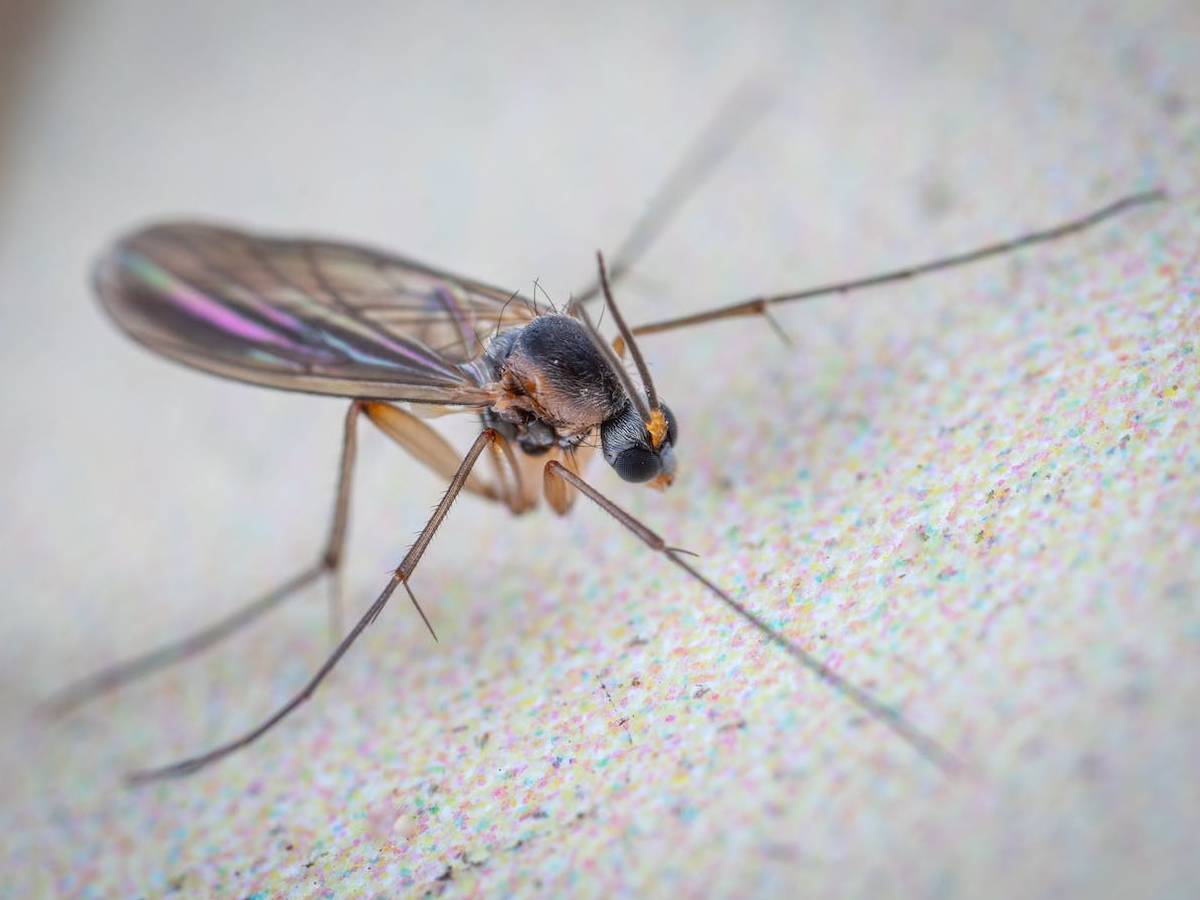
As for pesticides, you may be wondering why they are risky, particularly for babies. This is due in part to the fact that young children’s immune systems are still developing. Of course, another reason for this is that they spend more time at ground level, where they come into contact with surfaces that most adults avoid.
However, not every pest control method makes use of hazardous substances. Pesticides can indeed be dangerous for infants. However, safer options that are suitable for family homes can be found.
To find the best green pest control for your needs, simply consult to your pest control experts. Alternatively, you can take additional precautions after applying regular pesticides.
Typical Signs of Pesticide Exposure
Children are exposed to dangerous pesticides when improper pest control is carried out. When children consume pesticides, these symptoms get much worse. Seizures, headaches, bleeding in the gums or nose, and stomach pain are typical symptoms. Additional symptoms include diarrhea, nausea, dizziness, and coughing or trouble breathing.
DIY Solutions for Baby-Safe Pest Control Solutions
Since pest control can seem costly, many people choose to do it themselves. In some cases, this is feasible. But it’s always best to stick to using pediatrician-approved products.
If you are concerned about the chemicals in store-bought pesticides, it is best to use natural and non-toxic methods:
- Diatomaceous Earth: You can use diatomaceous earth; a safe powder that eliminates pests and dehydrates them without using any hazardous chemicals.
- Essential Oils: Some oils, such as peppermint and lavender, have natural anti-spider and anti-ant properties. But before using, speak with a pediatrician because some essential oils might not be suitable for small children.
- Biological Control Solutions: If you also have a garden, as an alternative to using chemicals to manage pests, you can introduce natural predators like ladybugs to control aphids.
If you choose to do things yourself, keep in mind that even do-it-yourself fixes can be harmful to young children. Do not forget that the best defense against pests in your house is to take preventative measures to keep them out in the first place.
Baby-Safe Pest Control Tips for Parents
Considering the information above here are some tips that you should keep in mind when dealing with pests:
Make Prevention Your Top Priority: Caulk gaps, cracks, and openings in walls or windows, or any other possible pest entry point. Also, food—including pet food—should never be left out. Because pests like to breed in clutter, newspapers, and cardboard, keep your home free of these materials. To build a barrier that keeps pests at bay, routinely check and maintain the structural integrity of your house.
Keep Your Home Clean: Before you become a parent, this seems easy enough, but once your toddler starts snacking and you find all kinds of food and beverages strewn throughout your home, you quickly realize how hard it is to maintain control. Thus, make sure to clean up completely after meals, refrain from eating in your kitchen or dining room, wipe down your stovetop and counters after cooking, keep an eye out for spills and crumbs, and last but not least, vacuum frequently.
Store Securely and Dispose Frequently: Diapers, formula, and baby food should be disposed of and stored properly to keep pests away. To store these things, use airtight containers, and make sure to regularly empty diaper pails. To reduce pest access, think about using outdoor trash cans with tight-fitting lids. It is less likely that pests will be drawn if you use safe storage and disposal methods.
Examine storage areas frequently for indications of pest activity and take immediate action to address any concerns.
Don’t Be Overly Enthusiastic for DIY Solutions: Organic DIY solutions may seem like a great idea at first, especially if you are concerned about your baby’s health. No parent wants to expose their baby to harsh chemicals.
Though it may seem tempting to handle small pest problems on your own, it’s best to speak with professionals for safe and efficient solutions, especially if you are dealing with an infestation. Experts in pest control have the know-how and expertise to evaluate your circumstances and put plans in place that deal with the problem without endangering your infant.

What Should You Do Before Experts Come In?
If you want pest control to be safe for your baby, you should take some precautions before your pest control technician arrives. These precautions are also applicable to homemade solutions as well:
- All dishes, utensils, and food must be put away before pest control can start. This holds true for any kind of pest control, professional or do-it-yourself. All food should be kept in airtight containers for storage, especially grains. This stops dangerous pesticides from penetrating.
- Reading the product label of any insecticide product carefully before using it is one of the most crucial safety precautions you can take to keep your baby safe. Before using, safety warnings should be thoroughly understood.
- Turning off the air conditioning is necessary for pest control, both indoors and outdoors. This entails shutting all doors and windows. Make sure your baby is out of reach before applying.
- There is a chance that you will come into contact with pesticides if you have a garden that requires frequent care. Your baby might end up being impacted by this in more ways than you can anticipate. Wearing rubber gloves when gardening is the best way to reduce the chance of such incidents.
- Asking your pest technician about the safety of the products they use is a good idea when it comes to precautionary measures. The safety of products is very important because most pesticides are toxic and can hurt your baby and anyone around them. Fortunately, there are safe and non-toxic alternatives available for both people and animals. Make your technician aware of your preference for these kinds of treatments.


